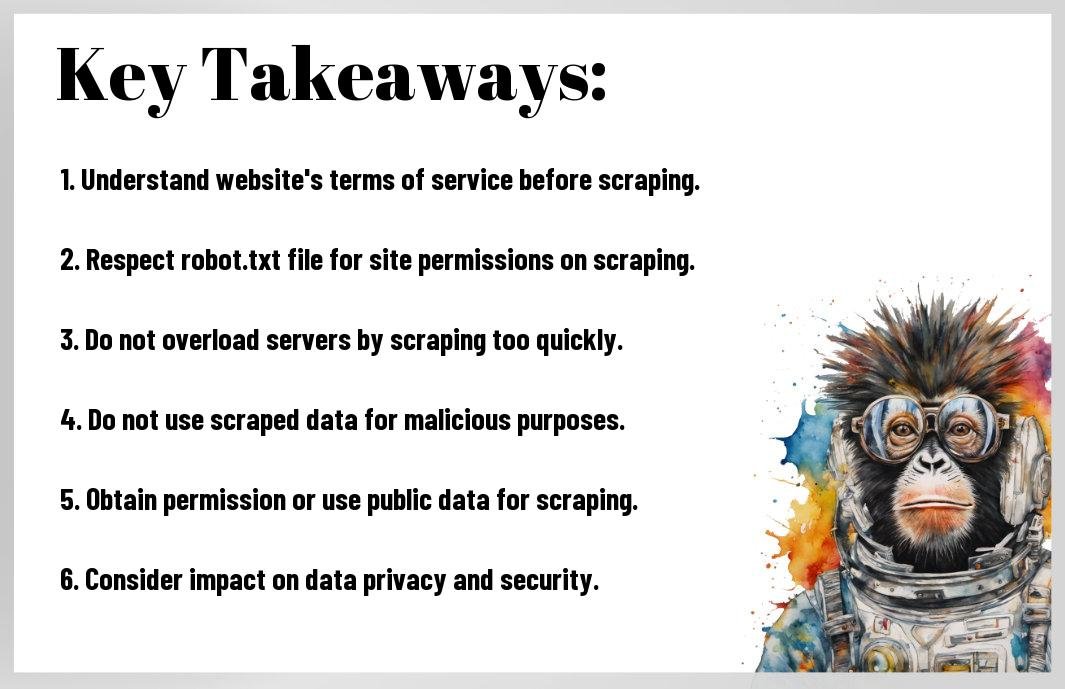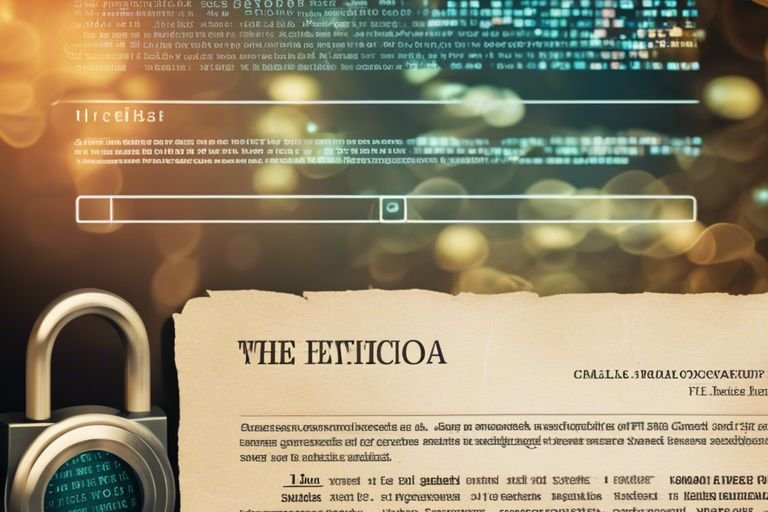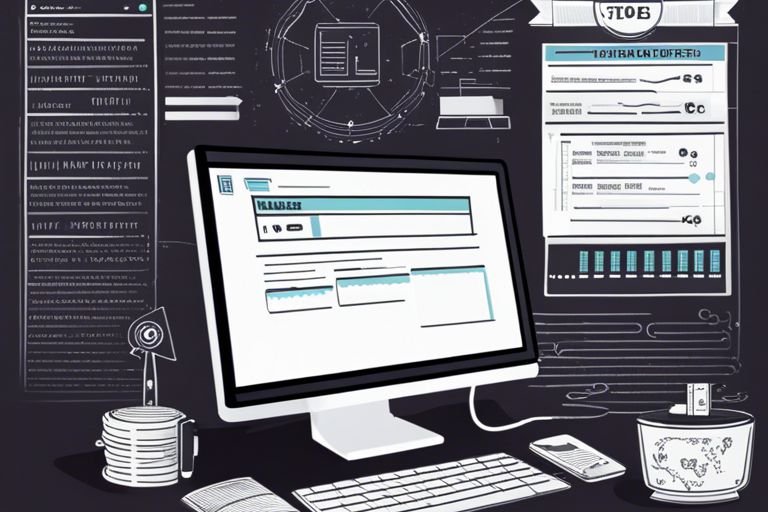Data is gold in today’s digital age, but collecting it ethically and legally is crucial for businesses and individuals alike. In a world where information is power, web scraping has become a popular method for gathering data from websites. However, the ethical and legal implications of web scraping raise important questions. Is it legal? Is it ethical? To dive deep into this topic, check out this insightful guide on Is Web Scraping Legal? Ethical Web Scraping Guide in 2023. Let’s navigate the world of data collection with integrity and compliance.

Understanding Web Scraping
What Is Web Scraping, Really?
The key to successful web scraping is all about gathering data from web pages in an efficient and organized manner. It involves extracting specific information from websites and saving it for further analysis. Think of it as being able to access and use information available online to your advantage.
Different Tools for Different Rules
Really understanding web scraping means knowing that there are different tools available to help you accomplish your data collection goals. From simple web scraping tools like ParseHub and Octoparse to more advanced programming languages like Python with libraries like BeautifulSoup and Scrapy, there is a tool for every level of expertise. Choose the tool that matches your skills and project requirements!
What makes web scraping so powerful is the ability to navigate through websites and extract the exact data you need. Different tools have different features and capabilities, so it’s crucial to understand your options before diving in. Whether you’re a beginner or an experienced coder, there’s a web scraping tool out there for you!
The Ethical Pathway
Respecting Privacy and Data Ownership
For any web scraping endeavor, it is crucial to respect the privacy and data ownership of individuals and organizations. Always ensure that you have the legal right to access and collect the data you are scraping. Be transparent about how you will be using the data and make sure to handle it responsibly.
The Do’s and Don’ts of User Transparency
Donts forget to be upfront and clear about your intentions when scraping data from websites. Avoid misleading users or misrepresenting your identity or purpose for collecting the data. Always provide a way for users to opt out of data collection if they so choose, and respect their choice.
User transparency is key in maintaining trust and ethical standards while web scraping. Be upfront about your data collection practices and give users control over their information. By being transparent and respecting user privacy, you can build a positive reputation and avoid potential legal issues.

Staying Within the Legal Bounds
Knowing the Laws: DMCA, CFAA, and GDPR
Many web scrapers probe collecting data without understanding the legal implications. To stay within the legal bounds, it’s crucial to be aware of laws like the Digital Millennium Copyright Act (DMCA), the Computer Fraud and Abuse Act (CFAA), and the General Data Protection Regulation (GDPR).
Navigating Through Terms of Service and Copyrights
Legal boundaries aren’t just about laws; they also involve navigating through terms of service and copyrights. Make sure to read and understand the terms of service of the websites you are scraping data from. Always respect copyright laws and avoid scraping copyrighted content without permission.
Plus, remember that some websites explicitly prohibit scraping in their terms of service. Ignoring these can result in legal actions or being blocked from the website. Understanding and respecting these boundaries is key to ethical web scraping practices.
Best Practices for Ethical Web Scraping
Rate Limiting and Data Minimization: Be Cool
Once again, when it comes to web scraping, always remember to be cool. Setting up rate limits on your scraping activities ensures that you are not overloading a website’s server and causing disruptions. Additionally, practice data minimization by only collecting the information that is necessary for your project. This not only respects the website’s resources but also protects the privacy of individuals whose data you are scraping.
Attribution and Data Usage: Giving Credit
Anytime you are scraping data from a website, it’s crucial to give credit where credit is due. This means providing attribution to the website as the source of the data you are collecting. Respect the terms of use of the website and be transparent about how you plan to use the data. By giving credit and following the rules, you demonstrate integrity and build trust with both the website and your audience.
Ethical web scraping includes respecting the intellectual property rights of the websites you are scraping from. Always check the website’s terms of service to ensure you are complying with their guidelines on data usage and attribution. Giving credit where it’s due not only shows respect for others’ work but also sets a positive example for ethical practices in the digital world.







Leave a Reply